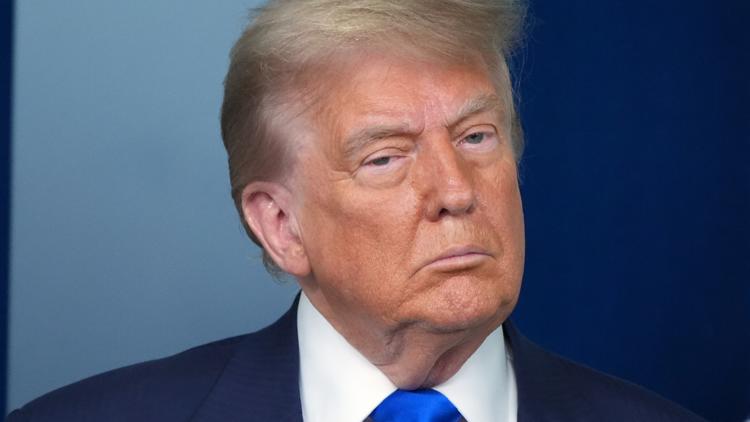WASHINGTON — In a case that has captured the attention of media and legal experts alike, Paramount has agreed to pay $16 million to settle a lawsuit filed by former President Donald Trump. The lawsuit, centered on the editing of a CBS “60 Minutes” interview with then-Vice President Kamala Harris in October, has been viewed as a significant challenge to free speech principles.
Paramount announced that the settlement funds will be directed towards Trump’s future presidential library, rather than to Trump personally. The company emphasized that the settlement did not include an apology. Trump’s legal team argued that the editing of the interview caused the former president “mental anguish,” while Paramount and CBS dismissed claims that the editing was intended to favor Harris.
The Lawsuit and Its Implications
The lawsuit, filed in Amarillo, Texas, has been closely monitored by press freedom advocates and CBS journalists. CBS lawyers described the lawsuit as “completely without merit” and were prepared to contest it vigorously. The case underscores ongoing tensions between media organizations and political figures over the portrayal and editing of interviews.
In an effort to address transparency concerns, “60 Minutes” released a full, unedited transcript of the interview in early February. As part of the settlement, Paramount agreed to release transcripts of future interviews with presidential candidates, “subject to redactions as required for legal and national security concerns,” according to a CBS News statement.
Background and Historical Context
Trump’s dissatisfaction with the interview stemmed from the editing of Harris’s responses, which were presented in separate clips on “60 Minutes” and “Face the Nation.” CBS maintained that the edits were made to condense Harris’s lengthy responses for clarity. Trump’s lawyer, Edward Andrew Paltzik, contended that the edits misled voters and caused them to pay less attention to Trump and his Truth Social platform.
This settlement is not an isolated incident. In December, ABC News settled a defamation lawsuit with Trump over comments made by anchor George Stephanopoulos, agreeing to pay $15 million towards Trump’s presidential library. Similarly, Meta settled a lawsuit with Trump for $25 million following the suspension of his social media accounts after the January 6, 2021, Capitol riot.
Reactions and Consequences
The settlement has prompted significant reactions within the media industry. CBS News President and CEO Wendy McMahon and “60 Minutes” executive producer Bill Owens, both of whom opposed the settlement, have resigned in recent weeks. The Freedom of the Press Foundation, a media advocacy group and Paramount shareholder, expressed its intention to file a lawsuit in protest if a settlement was reached.
The settlement comes at a critical time for Paramount, as the company seeks approval from Trump’s administration for a proposed merger with Skydance Media. Observers suggest that the settlement could be seen as a strategic move to facilitate this merger.
Looking Forward
The resolution of this lawsuit may have broader implications for how media organizations handle high-profile interviews and the legal challenges they may face. As media companies navigate the complex landscape of political interviews, the balance between editorial discretion and transparency remains a contentious issue.
As the media landscape continues to evolve, this case highlights the ongoing debate over the role of media in shaping public perception and the legal boundaries of free speech. The settlement may set a precedent for future interactions between media outlets and political figures, particularly in the context of contentious interviews.
